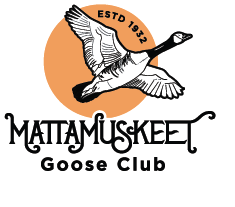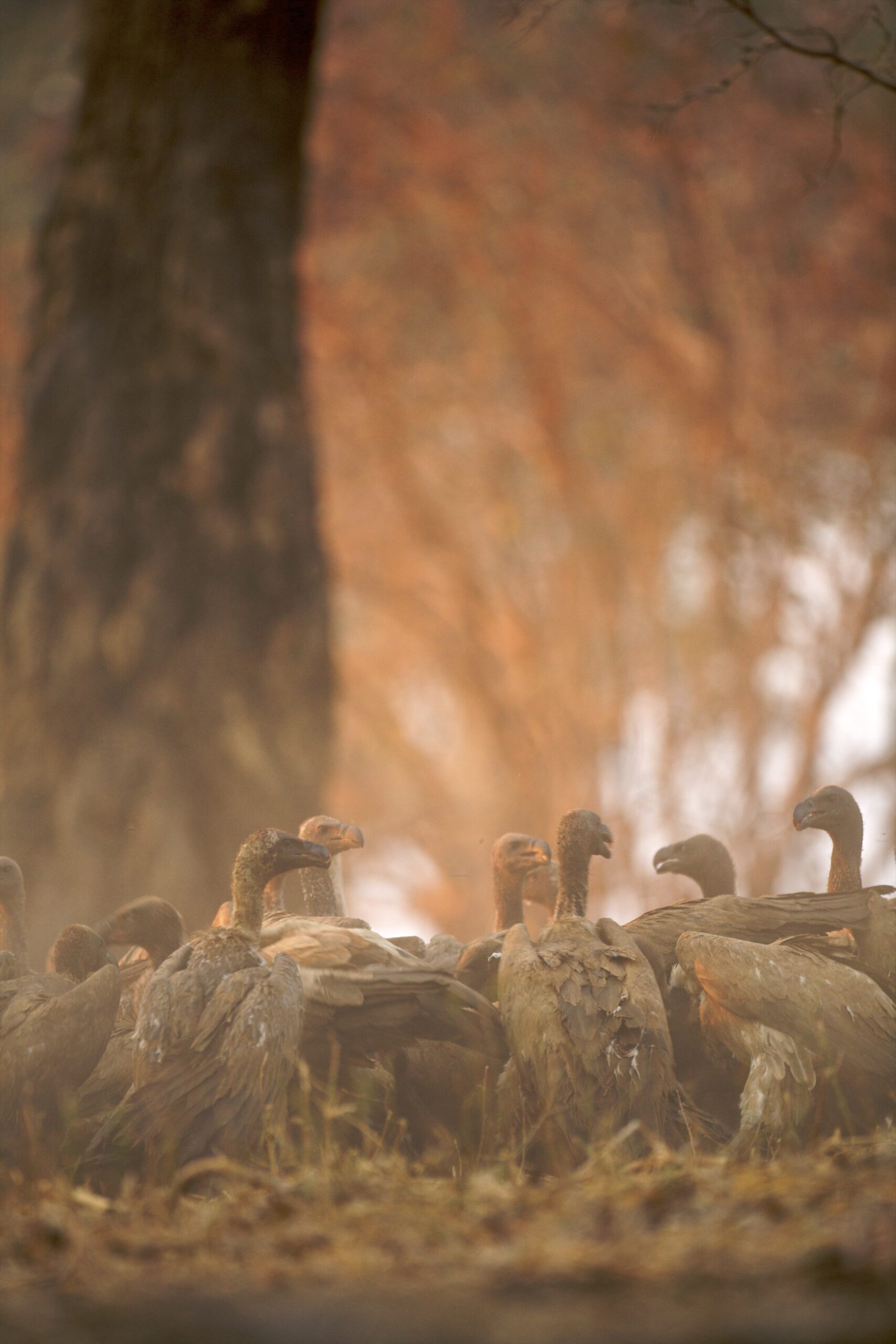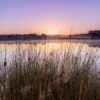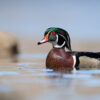Planning your perfect duck hunting trip this fall is all about preparation, timing, and choosing the right location. Fall marks the peak of duck hunting season across North Carolina, and for hunters along the Atlantic Flyway, few places compare to Lake Mattamuskeet. Known for its expansive wetlands, open water, and abundance of migratory waterfowl, the area offers both seasoned hunters and beginners the opportunity for a truly memorable hunt. The Mattamuskeet Goose Club provides access to prime hunting grounds and expert local insight to ensure that your duck hunting experience is as successful and enjoyable as possible.
The first step in planning a successful fall duck hunting trip is understanding migration patterns. Ducks begin moving south as temperatures drop in the northern states, and timing your hunt with these migrations can make a significant difference. In North Carolina, peak activity often occurs from late November through January, though early-season hunts can still be productive for teal and other early migrants. Keeping an eye on weather reports is essential—cold fronts often trigger increased duck movement, bringing new birds into the area.
Scouting is one of the most overlooked yet critical components of a productive duck hunting trip. Spending time before your hunt to observe feeding and roosting areas will help you choose the most strategic blind locations. Ducks are creatures of habit and will often return to the same feeding sites if undisturbed. Early morning and late afternoon scouting trips can reveal flight paths, preferred water areas, and the best spots to set your decoys. By planning your hunt around these natural movements, you increase your chances of attracting ducks into range.
Your decoy spread is another key factor in a successful fall duck hunt. Hunters at Lake Mattamuskeet often use a combination of mallard, teal, and pintail decoys to mimic a realistic and inviting flock. Spacing the decoys with open landing zones will encourage ducks to commit, and positioning them to face into the wind can make the spread appear more natural. While decoys will help attract birds, calling effectively can seal the deal. Learning a variety of calls, including quacks, feeding chuckles, and comeback calls, allows you to adapt to different scenarios. Subtle calling often works best on pressured birds, while more aggressive calling can grab the attention of flocks flying at a distance.
In addition to gear and preparation, concealment is critical to a successful duck hunting trip. Ducks have sharp eyesight and will flare at the first sign of movement or unnatural shapes. Whether you’re using a layout blind in a field or a shoreline blind along the lake, blending into your surroundings with local vegetation and proper camouflage is essential. Minimize movement, cover shiny surfaces, and position yourself with the sun at your back when possible to reduce the chance of being spotted.
No duck hunting trip is complete without a review of the rules and regulations that ensure the sustainability of the sport. Hunters must have the proper licenses, including a North Carolina hunting license, HIP certification, and Federal Duck Stamp. For those planning to hunt at Lake Mattamuskeet, participation in the NC Wildlife Resources Commission Permit Hunting Opportunities Program is required. The use of non-toxic shot and adherence to daily bag limits is also mandatory. For the latest updates on seasons, limits, and hunting regulations, visit the NC Wildlife Resources Commission before heading out.
Beyond the technical aspects, planning the perfect duck hunting trip is about creating lasting memories and respecting the environment. Watching the sunrise over Lake Mattamuskeet while flocks of ducks circle overhead is an experience that goes far beyond the hunt itself. Sharing the excitement of a successful day with friends, enjoying the peacefulness of the wetlands, and appreciating the importance of conservation are all part of what makes duck hunting so special. When you combine careful preparation, ethical practices, and a sense of adventure, your fall duck hunting trip will be one to remember.












